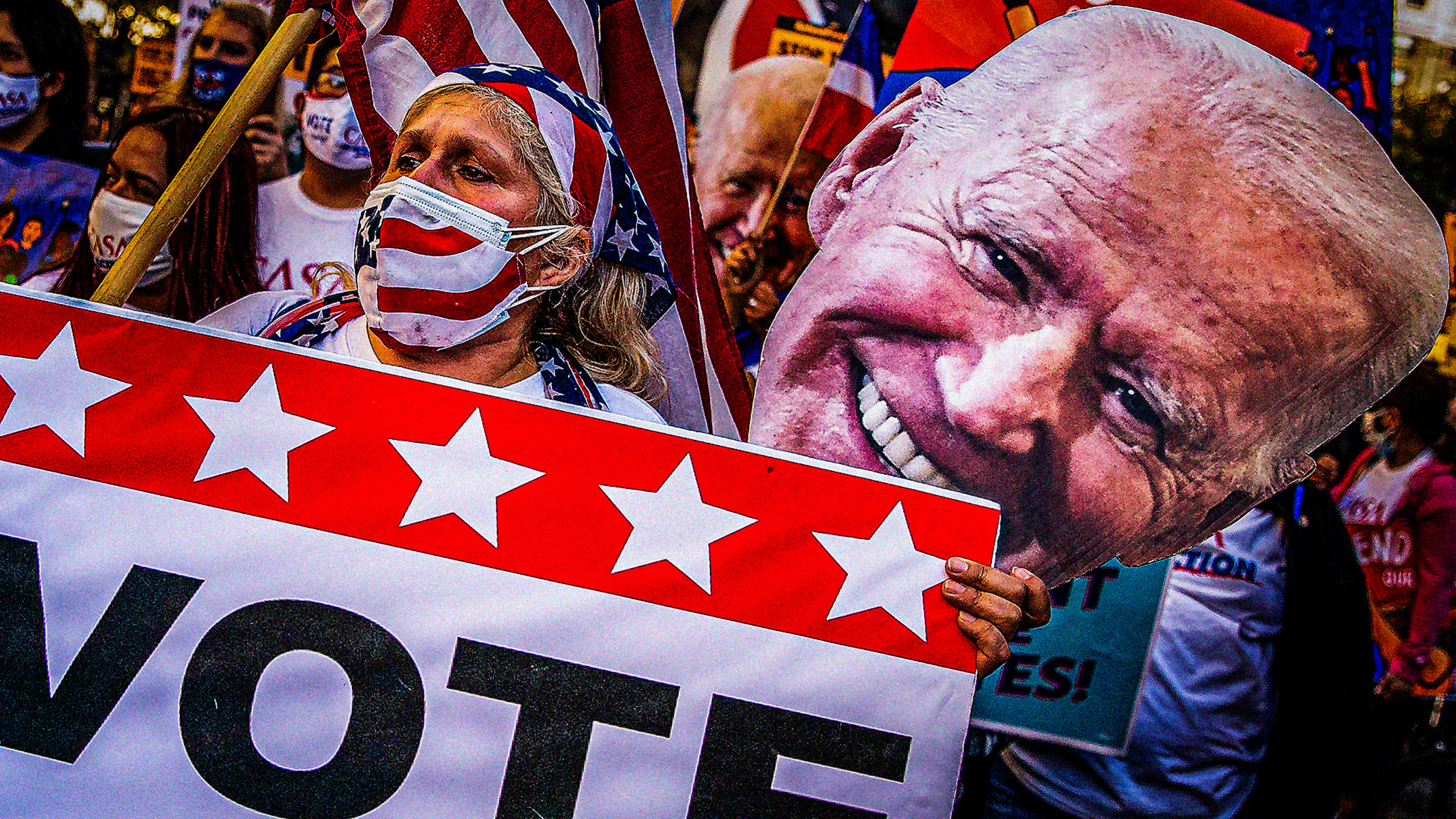During the Trump years, a lot of executives I spoke with gave me the same tepid refrain: brand activism? Too political.
But there’s no question that during the Trump presidency, activism felt really political. Why? Because it was all about Trump. Essentially, one incredibly divisive person was solely responsible for daily breaches of our nation’s core values—egregious threats to civil rights, voting rights, healthcare, and the environment. To take a stand for any of those issues almost certainly required taking a stand against Trump.
I applaud such brands as Nike, Dick’s Sporting Goods, Chobani, and Patagonia (full disclosure: my former employer) that went there anyway, taking significant heat in the process. After all, the argument for putting morals over money was stronger than ever. But I understand why such a personal, partisan form of activism felt scary to CEOs.
Now, President-elect Biden has made promises to end the pandemic, rebuild the economy so it works for everyone, confront racial injustices and police brutality, expand access to healthcare, invest in climate action that creates millions of clean energy jobs, and much more.
The debate will not be about what to do but over how far—and how fast—to go.
Just because there’s reason for hope, however, doesn’t mean that it’s time for brands to breathe a sigh of relief and get back to business as usual. Instead, it’s incumbent on any brand that espouses such core values as equal rights, economic opportunity for all, or the pursuit of a healthy planet to push this administration—and, quite possibly, a still-divided Congress—to turn those values into reality. This won’t happen on its own, and corporate support—both directly and through mobilizing their customers—has a large, even more critical role to play.
Activism is arguably more important than ever, because the substance of the issues can take the forefront again. Under a President Biden, real progress is now possible again.
The good news for skittish business leaders: Brand activism is safer than ever. The specter of Trump’s wrath is diminished. The battle will be won and lost on the merits of issues, not personal grievance. It will be far easier to stand for something, instead of against Trump or anyone else, and adopt an optimistic, inclusive message while doing it.
Standing for something is clearly good business. There have been plenty of studies in the past couple of years showing that a large majority of customers expect brands to be clear about their values. But, as we saw during this summer’s massive wave of Black Lives Matter protests, just stating your values doesn’t cut it. Values can only be credibly expressed through meaningful action, by getting your own house in order (pay workers fairly, diversify your workforce, reduce or reverse carbon emissions), picking an activism lane that fits your core business purpose, putting skin in the game to support front-line activist groups, and using your brand voice to call people to take significant action to push those in power.
This summer, I wrote in detail about the steps that brands need to take before engaging in activism. In most C-suites, this groundwork needs to be happening now if you want to avoid losing out to competitors making the long-term investments required to win customers these days. I’m not talking about philanthropy or social impact, although those are important foundational components of an activism strategy. I’m definitely not talking about heady statements and promises to do better. I’m talking about brands standing alongside citizens to demand real change on behalf of marginalized communities and our ailing planet.
If Nike opposed Trump’s racism by supporting Colin Kaepernick during a moment of reckoning over police brutality during the Trump years, now it’s time for the apparel giant to fund activists working to reform policing and rally their customers to action on behalf of that goal. Microsoft pledged during the Trump years to hire more refugees, and the company now has an opportunity to fight hard to push Congress and the Biden administration to make the United States a more welcoming place for the world’s most oppressed or endangered people.
The “but politics” excuse doesn’t work anymore. Activism that’s focused and impact-driven is part of any successful business strategy. Your customers demand it. Your employees expect it. And your brand will be far stronger as a result.
Adam Fetcher is a brand activism and communications consultant based in San Francisco. He formerly worked as global communications director for Patagonia and senior director of brand advocacy for Lyft. He served in the Obama administration in several senior roles, including deputy national press secretary for President Obama’s 2012 reelection campaign and press secretary for the U.S. Department of the Interior.
Recognize your brand’s excellence by applying to this year’s Brands That Matter Awards before the early-rate deadline, May 3.
